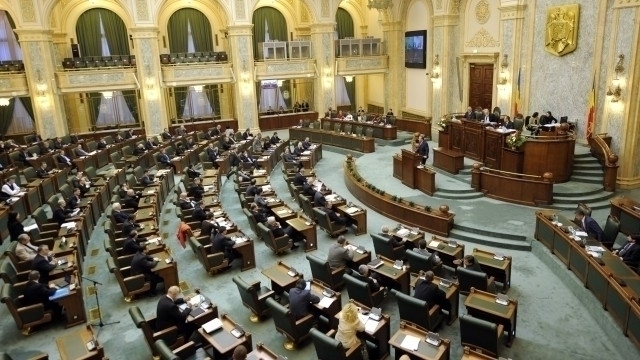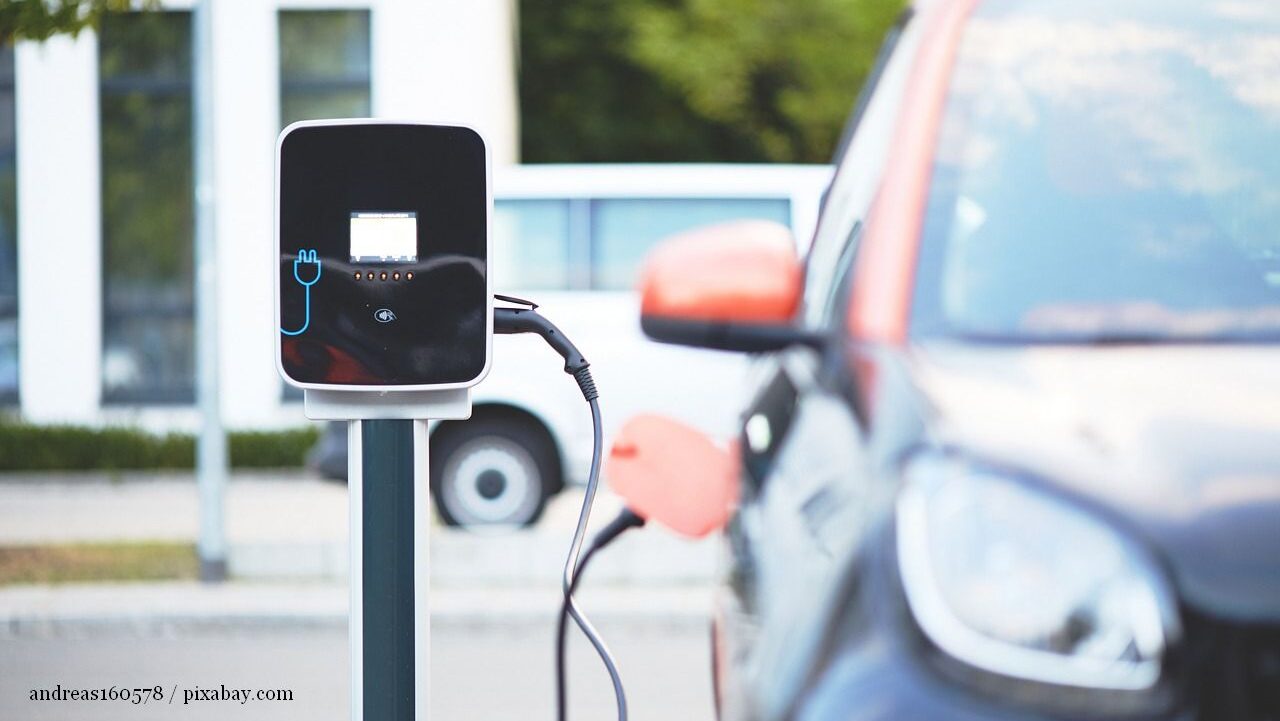Election Campaign for the Romanian Parliament
This year, the Romanian parliamentary elections will be held under new legal provisions.

Bogdan Matei, 11.11.2016, 13:35
This year, the Romanian parliamentary elections will be held under new legal provisions. The most important change is that deputies and senators will be elected in a party-list proportional representation system, which was abandoned 12 years ago. The uni-nominal voting system, which proved unsuitable for the Romanian political life, and which generated confusion in the 2008 and 2012 elections, is thus no longer in force.The new law also stipulates that there should be less MPs in Parliament, more specifically 466 as against 588 at present, accounting for 134 seats in the Senate and 308 in the Chamber of Deputies, plus 18 MPs representing national minorities other than the Hungarian one, whose representation is guaranteed irrespective of the number of votes they get. Also, there are new rules regarding representation, which means that there will be 1 deputy for every 73 thousand citizens and 1 senator for every 168 thousand.
The increasingly numerous Romanian Diaspora, estimated at over three million people, will continue to be represented by 2 senators and 4 deputies. A first in the election law is the introduction of postal voting for the Romanians with their domicile or residence abroad. The envelopes with the documents they need in order to be allowed to vote have already been sent to the Romanian citizens who registered with the Electoral Register. Ion Barbu, a director with the Romanian Post National Company has told Radio Romania that the first vote of a Romanian citizen living abroad has already been registered.
Ion Barbu: “I can confirm that a voter from Austria has already sent the envelope with the ballots containing his options. The Electoral Bureau for Postal Voting will store the envelope until the Election Day, December 11th, when the envelope will be opened and the votes counted.”
6,493 people are competing for a seat in Romanias Parliament. Most candidates represent parties from the current parliament, that are expected, according to opinion polls, to make it to the next parliament as well. The Social Democratic Party clearly dominates the left wing and is expected to win the elections. The right-of-centre National Liberal Party represents the only threat to the leftists supremacy, while the Alliance and Liberals in Romania, the Peoples Movement Party and the Democratic Union of Ethnic Hungarians in Romania gravitate around the 5% electoral threshold. Formed around an NGO that turned into a party, the Save Romania Party is seen by pundits as one of the most important new factions, with real chances of entering Parliament. Except for political parties, 44 independent candidates have entered the race.
This election is highly important, pundits say, not only because it will generate the next government majority due to take over the helm from the current technocratic cabinet, but also because depending on the competence and honesty of the next MPs, parliaments image may be rehabilitated. This is something Romanias parliament badly needs given its low popularity among Romanians, triggered by endless corruption scandals involving high-level politicians.






























